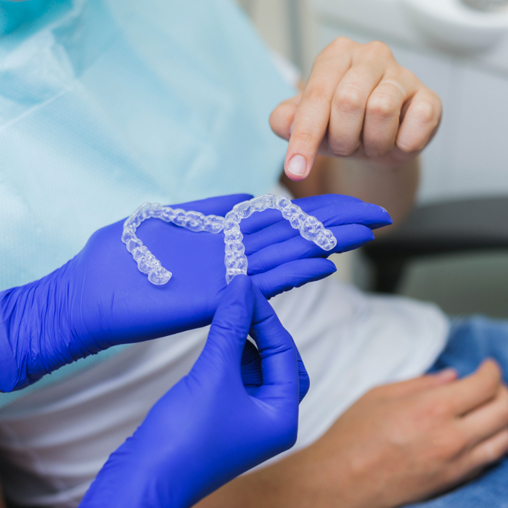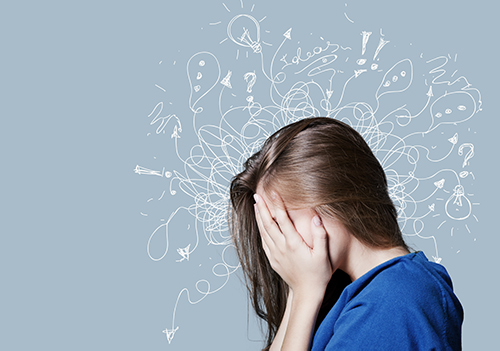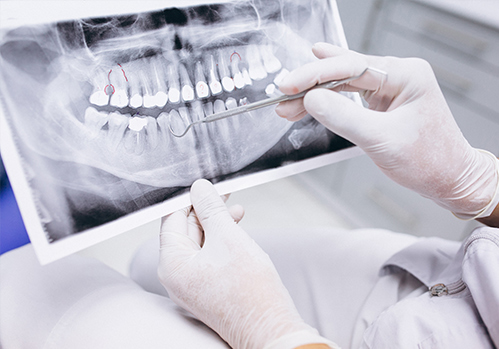TMJ Bruxism
Are you looking to put an end to bruxism? If you are from Jalón or nearby municipalities such as Moraira,
Calpe, Benissa, or Teulada, visit our clinic and benefit from our treatment.
Bruxism is a disorder in which you grind, clench, or gnash your teeth unconsciously, whether during the day or while you sleep. This habit can lead to serious complications if not properly treated. Below, we explain the causes, symptoms, risk factors, and the most effective treatments to manage bruxism and protect your dental health.
Bruxism: Causes, Symptoms and Effective Treatments
. . . .
Nocturnal bruxism is considered a movement disorder related to sleep. People who clench or grind their teeth while sleeping are more likely to have other sleep disorders, such as snoring or breathing pauses (sleep apnea).
Treatment may not be necessary for mild bruxism. However, in some people, bruxism can be frequent and intense enough to cause jaw disorders, headaches, tooth damage, and other issues.
Since you may have nocturnal bruxism and not be aware of it until complications arise, it is important to be aware of the signs and symptoms of bruxism and to receive regular dental care.
Sessions
2 sessions (application and touch-up)

Signs and Symptoms of Bruxism
-
Grinding or clenching your teeth, with a sound that can be loud enough to wake up the person sleeping with you
-
Flattened, fractured, broken teeth, etc.
-
Worn dental enamel, exposing the deeper layers of the teeth.
-
Increased tooth pain or sensitivity.
-
Tired or stiff jaw muscles, or a locked jaw that cannot open or close completely.
-
Pain or swelling of the jaw, neck or face.
-
Pain similar to earache, but not actually an ear problem.
-
Dull headache that starts in the temples.
-
Injuries from biting the inside of the cheek.
-
Sleep disturbance.

Risk Factors for Bruxism
These factors increase the risk of developing bruxism:
-
Stress. Increased anxiety or stress can cause teeth grinding.
-
Age Bruxism is common in young children, but usually disappears in adulthood.
-
Medications and other substances Bruxism can be a rare side effect of some psychiatric medications, such as certain antidepressants. Smoking tobacco, drinking caffeinated beverages or alcohol, or using recreational drugs may increase the risk of bruxism.
-
Occlusal interferences and malocclusions.
Complications of Bruxism.
In most cases, bruxism does not cause serious complications. However, severe bruxism can cause:
-
Damage to teeth or tooth restorations.
-
Tension-related headaches.
-
Severe neck or facial pain.
-
Disorders that occur in the temporomandibular joints, which are located just in front of the ears and can sound like a clicking noise when opening and closing the mouth.

Are there ways to treat or cure this disorder?
Just as the causes of bruxism can be very varied, there are also three different types of treatment, depending on the needs and characteristics of each patient.
OCCLUSODENTAL TREATMENT: UNLOADING SPLINTS
It is the most common and well-known treatment for bruxism: the design of a night guard to prevent tooth wear. The person with bruxism should wear it at night, before going to bed, and remove it upon waking the next day. The use of a night guard does not eliminate bruxism but “cushions its negative effects on the chewing apparatus.”
BOTOX FOR BRUXISM
Botulinum toxin, also known as Botox, is a medical procedure that reduces or temporarily eliminates bruxism. When Botox is injected into the muscle responsible for grinding, the masseter muscle, it blocks the nerve impulses in that area.
The application of Botox does not affect speech or proper chewing of food.
Most patients experience the benefits of Botox within 3-4 days of the application. The effects of Botox last between 4 and 6 months.
Additionally, in individuals with hypertrophic masseter muscles, it causes atrophy of the muscle, slimming the facial oval and improving aesthetics.
PHARMACOLOGICAL TREATMENT
This type of treatment is only recommended in specific cases: those where bruxism is associated with periods of high stress, anxiety, or psychophysiological insomnia.
MANAGING STRESS AND ANXIETY SITUATIONS
With relaxation techniques.
Address
Av. Joanot Martonell, 5
03727 Xaló, Alicante
Spain
Contact Information
966 48 07 60
655 686 977
info@clinicasbravo.com


